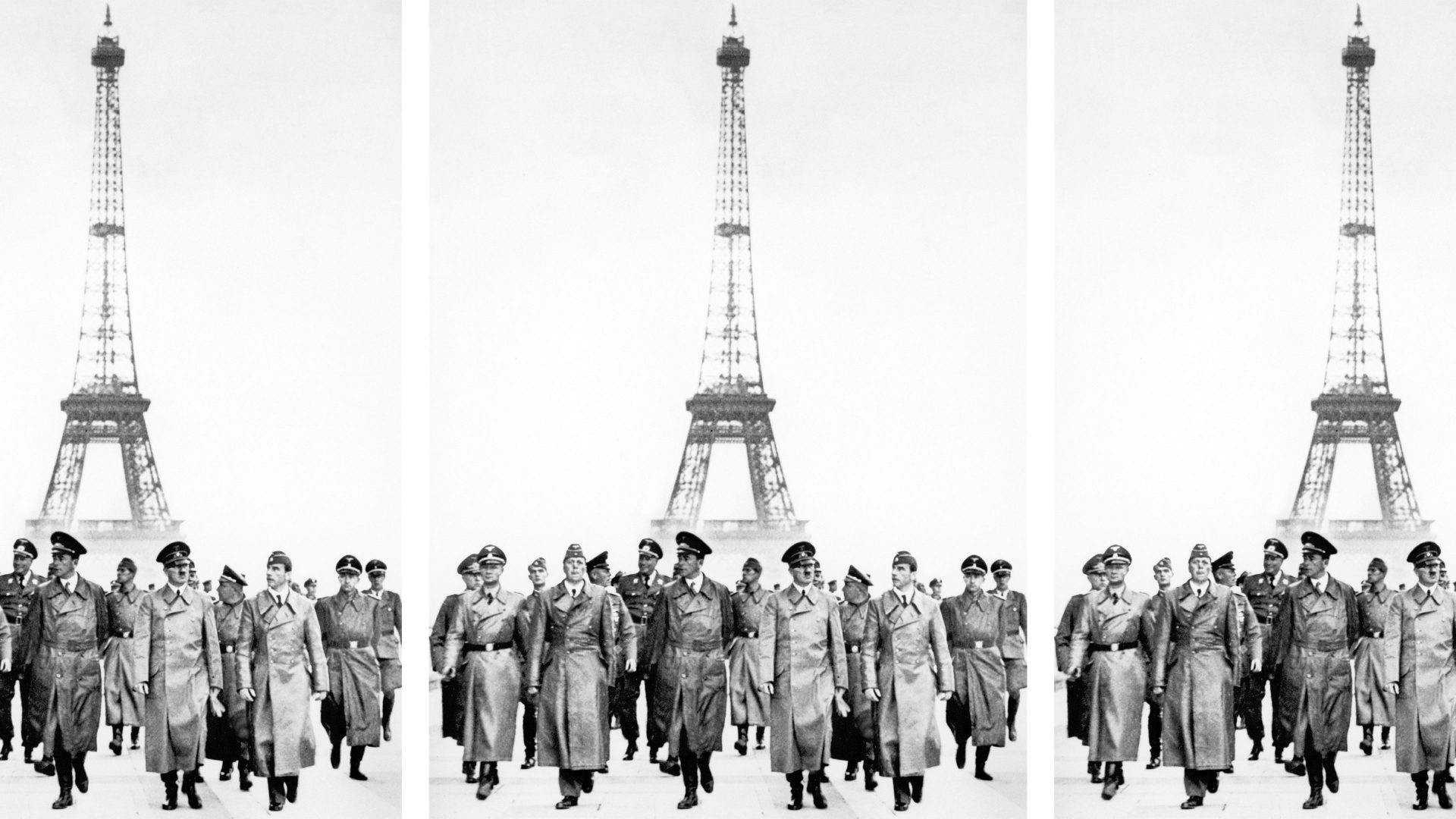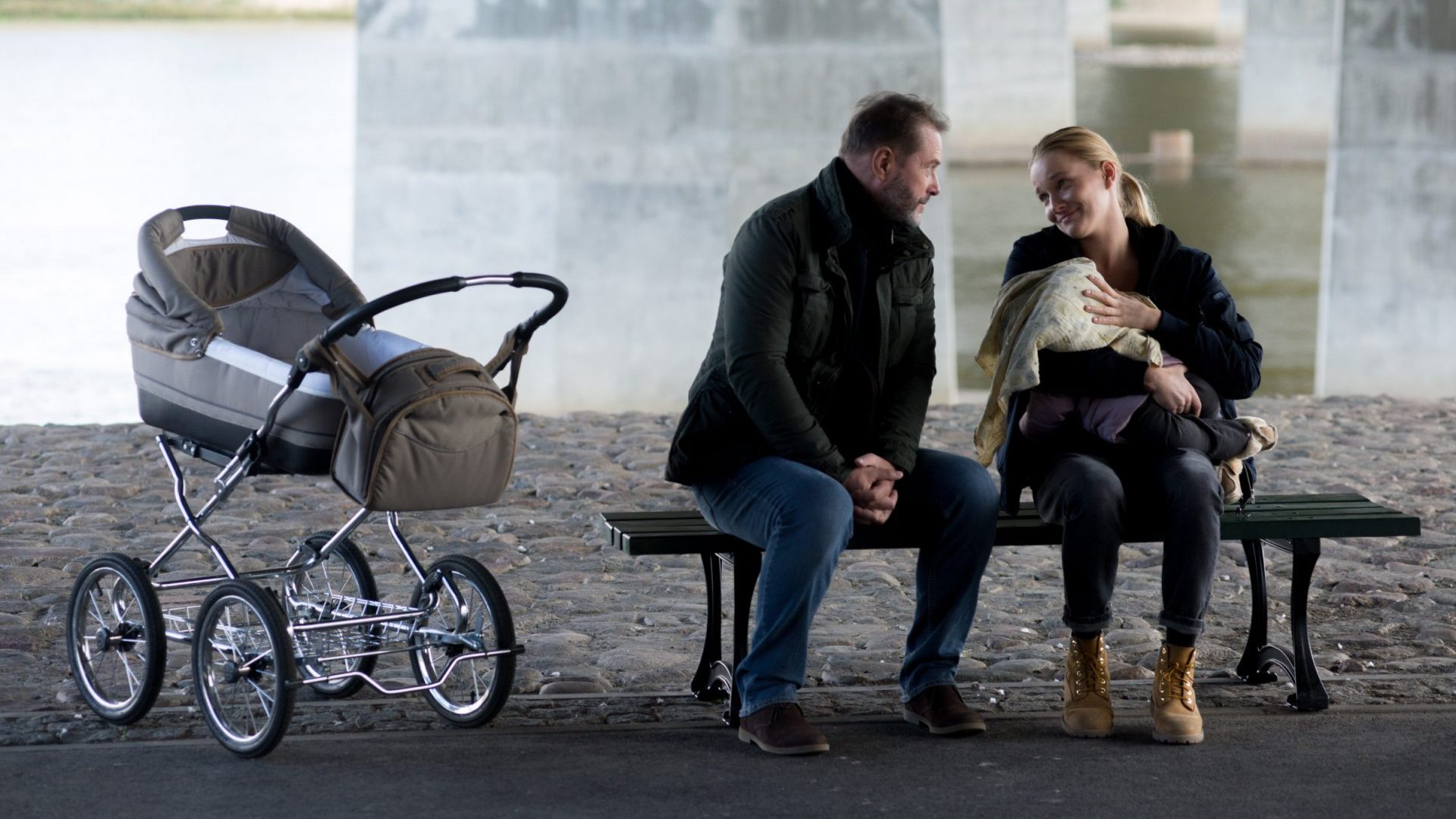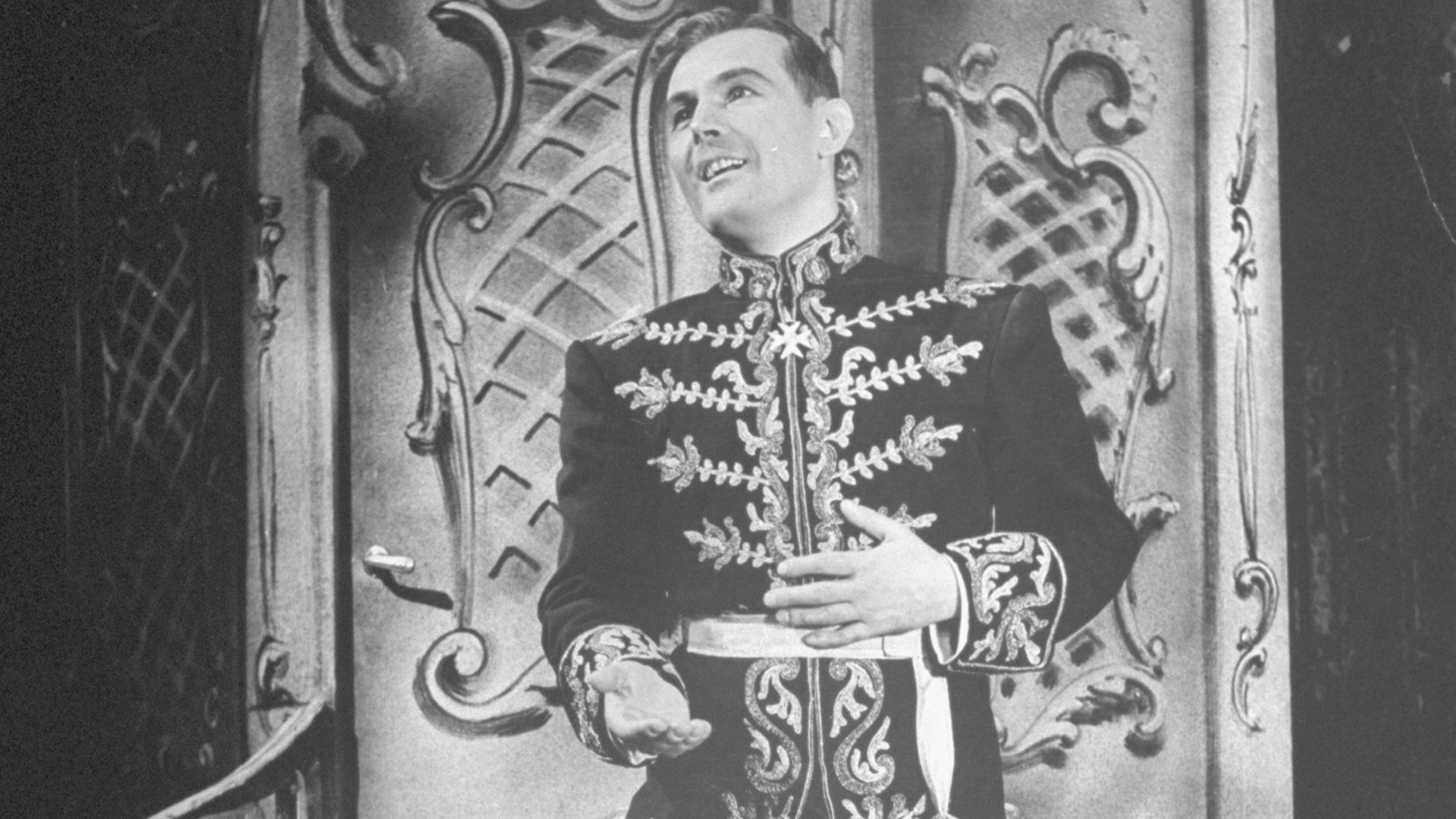In Jaroslav Hašek’s 1921 satirical novel The Good Soldier Švejk, the eponymous
hero arranges to meet up for a beer with a sapper called Vodička once the first world war is over, telling him he can generally be found at his Prague
local The Chalice from six o’clock in the evening. Vodička agrees the plan.
“See you after the war, at six o’clock,” he confirms.
On April 20 1945 Felix Hartlaub waited at Berlin-Nikolassee station in the south-west of the city for an S-Bahn to take him back to his barracks at
Spandau. He was wearing the uniform of a corporal in the Wehrmacht but he wasn’t a military man, not really. This late in the war the German forces
needed everyone they could find to defend Berlin from a rampaging Red
Army already circling the city, meaning the 31-year-old historian had been hauled from his desk job and pressed into combat service.
As the train pulled in, the clack and rumble of its wheels not quite drowning out the sound of the first artillery shells falling on the city centre, Hartlaub turned to Irene Lessing, the fiancée of his old schoolfriend, the communist
resistance fighter Klaus Gysi, kissed her on both cheeks and stepped aboard. As the train lurched into motion, he pulled down the window, waved and said, “See you after the war, at six o’clock”.
Felix Hartlaub was never seen again.
The list of great writers who died young is a soberingly long one. Sylvia Plath was 30, Percy Bysshe Shelley 29, John Keats 25. None of the Brontë sisters saw 40; Jane Austen died at 41. We can wonder what more they could have produced had they lived for longer but the canon they left is already plenty.
For great writers who die before they had the chance to produce or publish anything substantial, the spaces on the shelves where their books should be are the most poignant. I’ve written before in these pages about Bruno Schulz, murdered on the street by a Gestapo officer in the Polish town of Drohobych, who left behind two collections of short stories and the enigma of a masterpiece novel Messiah whose manuscript was never found. Last year Ulrich Alexander Boschwitz’s The Passenger was published, the brilliant only surviving work by an author who drowned at 27 when the refugee ship he was travelling on was torpedoed in the Atlantic in 1942, the manuscript of his new novel lost with him.
The sense of what might have been is perhaps strongest of all with Felix Hartlaub. He published nothing during his short lifetime beyond his doctoral thesis on the 1571 Battle of Lepanto and beyond that left nothing more than a scatter of notebooks, diaries and letters to his father.
Despite this, Hartlaub is regarded as one of German literature’s great lost
writers, a man who left just enough to tantalise posterity at what heights he
may have scaled had he lived just another two weeks until the German surrender.
Until now the scraps he left behind have been published only in German
but next month the excellent Pushkin Press, who last year created an
unlikely bestseller with the first English edition of Boschwitz’s The Passenger, publish Clouds Over Paris: The Wartime Notebooks of Felix Hartlaub.
Hartlaub was born in Bremen in 1913 but grew up in Mannheim where
his father Gustav, a leading art historian and critic, became director of the city’s art gallery. Hartlaub senior was well known for his promotion of avant-garde artists and staged early solo exhibitions by the likes of James Ensor and Edvard Munch, coining the term “New Objectivity” with a 1925 exhibition of post-Expressionism by artists such as George Grosz and Otto Dix. When the Nazis came to power in 1933 Gustav was immediately removed from his post as a “cultural Bolshevik” and promoter of degenerate art.
Felix Hartlaub was on the cusp of his 20s at the dawn of National Socialism. Almost his entire adult life was spent under Nazi rule and, like many Germans, he resigned himself to an inner and outer self: riddled with guilt but keeping his head down (appalled by Kristallnacht, he noted grimly in a
letter to his father “that one can still sleep and eat is very compromising”).
He buried himself in his studies, immersing himself in Romance languages and history first at the University of Heidelberg and then in Berlin where he received his doctorate in 1939. Conscripted at the outbreak of war, he joined a barrage balloon unit in Berlin until his qualifications came to the attention of the Historical Archives Commission.
After the fall of Paris, in December 1940 the Francophile Hartlaub was posted to the French capital as a researcher for the German Ministry of Foreign Affairs examining the contents of the city’s archives. In 1942 he was transferred to a unit recording the administration’s official war diary, a position in which he remained until pressed into combat service in the spring of 1945. This placed him on the periphery of the Nazi inner circle, close enough that on July 20 1944 he was within earshot of the bomb planted by Stauffenberg and his co-conspirators intended to kill Hitler.
As the title suggests, Clouds Over Paris collects together fragments from
Hartlaub’s time in France. The pieces date only from between March and August 1941 but give us a remarkably vivid impression of everyday life in the
occupied city and a sense of Hartlaub’s remarkable talent.
Clouds Over Paris is very different from Ernst Jünger’s contemporaneous
Paris diaries published in English in 2019. The author of the classic first
world war memoir Storm and Steel was a high-ranking Wehrmacht officer at
the time, billeted in the luxurious Hotel Majestic, and his recollections include his womanising and encounters with the likes of Pablo Picasso, Georges Braque, and Céline.
Hartlaub’s journals are quite different. Here was a man on the outside in every sense. He found being part of the occupying force excruciating and for all his love of France and Paris accepted his vilification there as an oppressor. His writing is tainted by the shame of his uniform: on the Métro he tries to show the ticket inspector as little of his German military pass as he can as quickly as he can, then disembarks “past the backs of fellow German soldiers to whom you feel no connection whatsoever”.
The short pieces collected here are those of a man always on the periphery, a writer who, in contrast to Jünger, never placed himself at the centre of events. These are also the words of a man clearly compelled to write, desperate to express himself on paper in a way his day job never allowed. Most of the pieces here seem to have been written on the fly, scribbled down whenever he had a few minutes to himself, on a bench or at a café table, recording the scenes around him. Some even finish in mid-sentence, indicative of being written in snatched moments, interrupted by a train arriving or a waiter bringing the bill.
What he records are the “noises off” of the occupied city. A group of chatty
young German women, clerical staff in Wehrmacht uniforms, travel home on the Métro apparently oblivious to the glowering looks from the Parisians in the carriage. The uniforms make them an obvious target of sneers “but it is the girls’, in essence, entirely unobjectionable behaviour which really sickens the French”.
It’s these apparently inconsequential moments that conjure the occupied city most vividly, episodes forgotten immediately even by those he described but stored away for possible future use: a soldier standing up to alight from a train sees “the Frenchwomen’s pale sandals disappear under the seat like mice as his heavy barge-boots begin to head for the door”.
Many of the passages were clearly written with a gestating novel in mind but there’s no plot here. The connections were never made, which makes reading Clouds Over Paris from start to finish almost hypnotic. These are short descriptive records of trivial events, feuilletons, a narrative that goes nowhere, just walks the streets of Paris like a cross between Kafka and Iain Sinclair, yet for the first time in English Simon Beattie’s agile translation showcases wonderfully the insight and gift with which Hartlaub brimmed.
His Berlin notebooks first appeared in Germany in 1955, the year he was declared officially dead. Since then the Paris material, some notes from
Italy and a collection of correspondence with his father have been published, and a literary society founded in his name. The first full-scale biography appeared in Germany last year written by the editor of one of
the country’s leading literary journals. For a man who left so little, it’s quite a
legacy.
The mystery of his death only adds to the enigma of Hartlaub’s talent, a surface barely scratched, a well hardly drawn, a clock stopped, calling to
mind his description of a sequestered government building in Paris looted as
soon as the Nazis arrived in the city and visited by Hartlaub a year later. It’s
as if time stopped suddenly, dust covering the desks and chairs, inkpots and intrays.
“The result is like Pompeii,” he writes, “all the calendars say 14/6/40”.
Clouds Over Paris: The Wartime Notebooks of Felix Hartlaub, translated by Simon Beattie, is published on September 1 by Pushkin Press, priced £14.99




